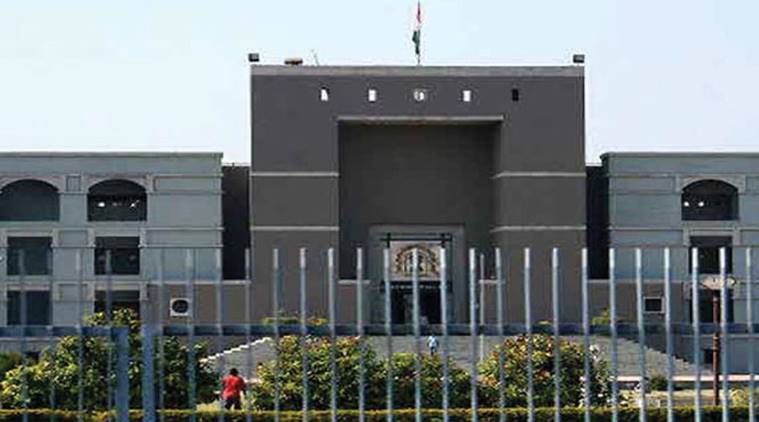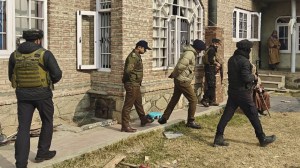Stay updated with the latest - Click here to follow us on Instagram
Disturbed areas act: Gujarat HC allows Hindus to transfer Vadodara property to Muslims
Dinesh Hiralal Modi and Deepakbhai Hiralal Modi - the intended sellers of the property - wanted to transfer the property in favour of the buyer-petitioners -- Onali Ezazuddin Dholkawala and Iqbal Hussain Asgar Ali Tinwala. A sale deed was executed and presented before the sub-registrar for registration.
 Gujarat High Court
Gujarat High Court
The Gujarat High Court quashed and set aside an order of the Vadodara deputy collector of January 2017 and by the Special Secretary Revenue Department (Appeals) (SSRD) that had rejected the application moved by the Hindu sellers of a shop, seeking permission for a transfer of their property to Muslims.
The judgment by Justice Biren Vaishnav dated March 9, stated that the deputy collector’s refusal to assent to the transfer of property and the SSRD’s order upholding this rejection “was clearly contrary to the provisions of the Act”. The transfer had been contested under the Gujarat Prohibition of Transfer of Immovable Property and Provisions of Tenants from Eviction from Premises in Disturbed Areas Act, 1991 or the Disturbed Areas Act.
Dinesh Hiralal Modi and Deepakbhai Hiralal Modi – the intended sellers of the property – wanted to transfer the property in favour of the buyer-petitioners — Onali Ezazuddin Dholkawala and Iqbal Hussain Asgar Ali Tinwala. A sale deed was executed and presented before the sub-registrar for registration. However, the parties noticed that since the area in which the property is situated is declared as “disturbed area”, prior permission of the deputy collector under the Disturbed areas Act was necessary.
Accordingly, an application was moved by Dholkawala and Tinwala under the appropriate provisions of the Disturbed Areas Act before the deputy collector, Vadodara. Subsequently, the deputy collector conducted an inquiry through the police on whether the transfer was taking place of free consent and if the transfer is likely to “affect the balance in the majority Hindu/minority Muslim strength” or “affect the neighbourhood” or if there is “a likelihood of a law and order problem in future”.
The mamlatdar reported that there could be a possible law and order situation, which was also reiterated by the deputy police commissioner, following which the deputy collector rejected the application for the transfer of property.
Justice Vaishnav noted that the police inquiry was “completely out of context with the provisions of the Disturbed Areas Act”. The judgment further observed, “It is undisputed that the property in question was sold on a fair value and with free consent, as it is evident from the statement recorded by the seller and the purchaser. When the scope of inquiry is that of free consent and fair value, the role of neighbours in the context of such sale becomes irrelevant.”







